'I don't need money, I just need a kidney: Local actor, former FOX 26 employee in need of a 2nd transplant

Local actor, former FOX 26 employee in need of a second kidney transplant
A Houston-based actor/producer, who underwent a kidney transplant back in 2007 tells FOX 26 Houston he is in need of a second transplant.
HOUSTON - It's not every day you hear about someone who's undergone life-changing experiences twice. However, for folks like Dale Wade Davis, a Houston-based actor, and producer, it means to continue living life to the fullest.
SIGN UP FOR FOX 26 HOUSTON EMAIL ALERTS
Back in 2007, Davis says he received a kidney transplant from a close friend and work colleague but nearly 15 years later has found himself, once again, in need of a donor.
Still, this devastating news has not put Davis' work as an actor and film producer on hold. In fact, during a Zoom interview, Davis shares the tale of how he made his dream of working in Hollywood a reality but not before reminiscing about his time working for FOX 26 Houston.
"I started working in radio right out of Dobie High School when I was 17," he said. After two years, he transitioned to working in TV when he was hired by FOX 26. "I did some editing, I did some producing, some reporting. I worked closely with the sports department for years."
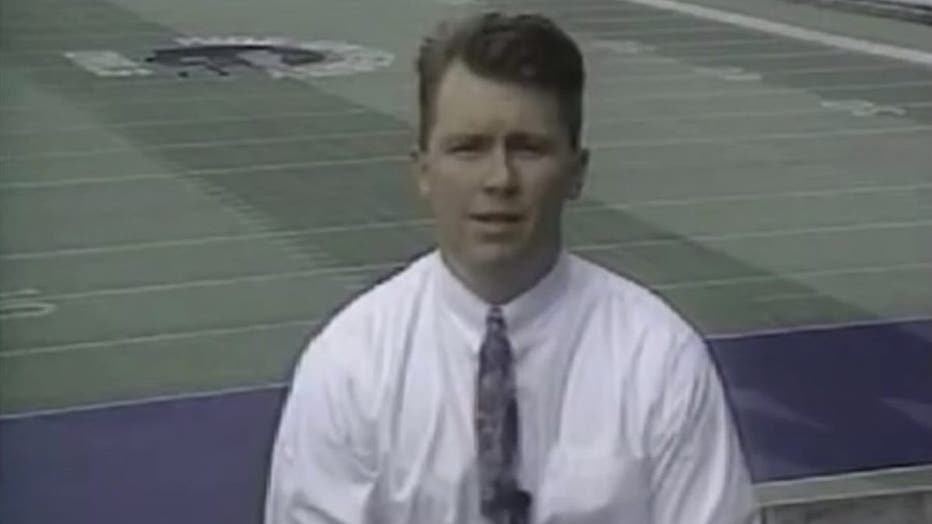
Dale Davis reporting (Photo courtesy of Dale Davis)
When the opportunity knocked for Davis to move to Hollywood and pursue a career in acting, he said there was some hesitancy due to his love for Texas and journalism, but decided to take a chance on himself.
"I always had acting [as a profession] on the back burner," Davis said. "I already accomplished more than I ever thought I would in broadcast journalism, so I really wanted to try my hand as an actor."
"So I gave my notice to FOX and over the next year did some national commercials, got some independent movies to get enough credit to move out to Hollywood and the rest is history," he continued.
In 2006, while living and working in California, Davis says he noticed some health problems but did not think they were anything serious until his doctor told him otherwise.
"I started getting headaches and I thought, 'well I work around a lot of lights so I just need glasses,'" he said. "I went to an eye doctor. He examined my eyes and he saw that I was hemorrhaging and my brain was bleeding," Davis explained. "He took my blood pressure and it was super high-end stroke level. And he said you need to go to the emergency room."
It was Davis' next visit, he says, that things became more eye-opening, especially for someone who did not frequent doctor's offices.
"My approach to health care was to stay as far away to the doctors as possible," he said. "So when they said you have kidney failure, I was almost relieved because, with the headaches, I thought I had a brain tumor. And I didn’t know anything about kidney failure so over the course of the next few months, and after the testing, it turned out I had a rare autoimmune disease."
The disease destroyed his kidneys. Doctors told Davis his only option was to get a transplant.
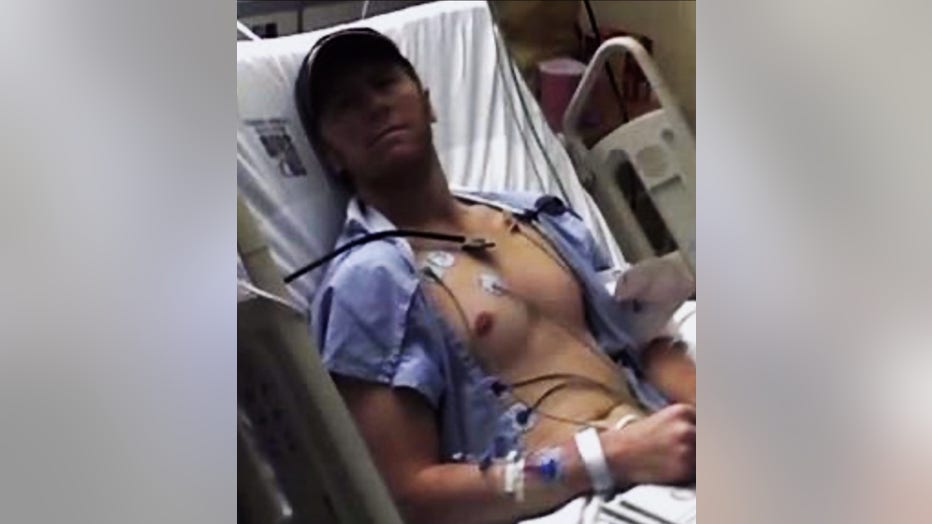
Davis in a hospital bed C.A. 2006 or 2007 (Photo courtesy of Dale Wade Davis)
According to Dr. Katherine Timmins, transplant program director at St. Lukes Baylor Medical Center, Davis is not the only patient who has ever misjudged their symptoms. In fact, she says the first signs of kidney-related issues do not even affect the kidneys at all.
"Unfortunately, the main thing that people are aware of as far as 'if my kidneys are working OK or not,' is if they’re making urine and ironically, that’s one of the very last things ... that will change as people have progressive kidney disease." Dr. Timmins said. "So, people can have progression of their kidney disease without any symptoms or knowledge at all."
Some of the leading causes of kidney disease are hypertension and diabetes as well as a familial history of relatives with kidney-related issues. However, because of these leading issues, kidney-related infections could be more common than we think and could explain why they're overlooked.
"In The United States, one in seven adults has kidney disease," Dr. Timmins said. "That doesn’t mean everyone has advanced kidney failure but because in the United States we have a very high prevalence of those two conditions – diabetes and high blood pressure – most of those people are unaware of the fact they have kidney disease."

Kidney expert breaks down infectious disease and organ transplants
Kidneys are complex organs that tend to affect our entire body (almost as innocent bystanders) to the point where patients require a transplant. However, to find out exactly how complex and why our organs are such problem children, we consult Dr. Katherine Timmins, transplant program director for Baylor St. Luke's Medical Center.
Once a patient visits a kidney specialist or nephrologist, Dr. Timmins says they try to make organ transplant procedures a last resort, but is contingent on how severe the kidneys are damaged, which is why it's important to come to a doctor sooner than later.
"So the primary goal for most kidney doctors or nephrologists is to keep those, what we call native kidneys, or someone’s own kidneys going for absolutely as long as possible," she explained. "Unfortunately, once people find out they have kidney disease (in most instances) the disease will progress because we’ve lost some of the functioning microscopic units of the kidneys.
"Basically a lot of the workers have already left the warehouse and the kidneys still have to keep up the work of the body so that extra hard work will cause those remaining kidney microscopic filters to give out over time," Dr. Timmins added.
In Davis' case back in 2006, he needed a transplant but fortunately had plenty of assistance from loved ones, where several friends got tested to try and see if they would be a match for his kidneys. A close friend of his, who happened to be a news anchor in Los Angeles, was the one to give him his kidney.
"He saved my life," he said.
After this experience, Davis made it his mission to spread awareness of kidney-related issues and was heavily involved in organ donation discussions. One of them involved his work with Renal Support Network for one of the largest celebrity poker tournaments in the world which raised money solely for kidney disease.
"I had a lot of celebrity friends join in that; Jack Black played every year and all that money went to charity," Davis said. "I really gave my time to the cause."
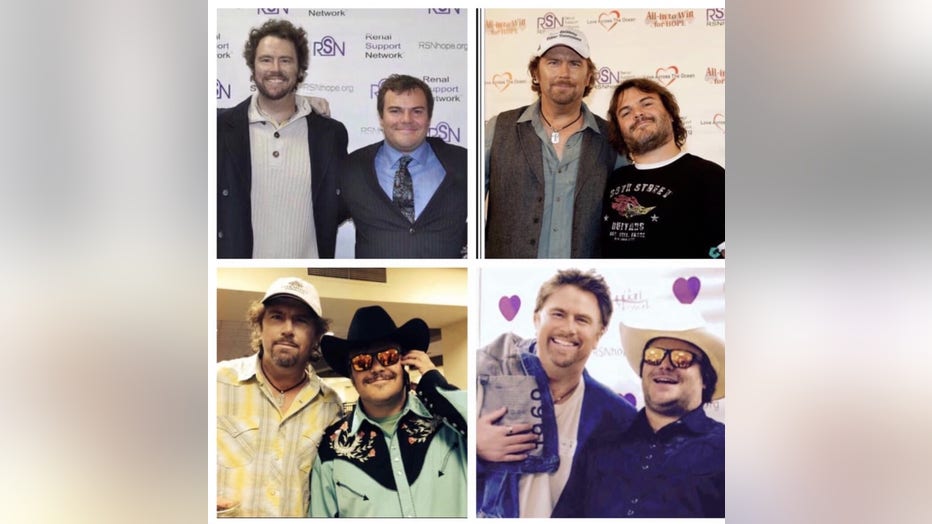
Jack Black, celebrity guest and Dale Davis, guest at the Renal Support Network’s Annual Beat the Odds Celebrity Charity Poker Tournament (Photo courtesy of RSN: ©Renal Support Network)
As time went on however and due to the now foreign kidney in his system, Davis began to experience deja vu.
"Not all people that have kidney transplants have absolutely perfect kidney function after the transplant," Dr. Timmins explained. "The mainstay of all Immunosuppression, we have to suppress the immune system when someone has a transplant or the immune system will work recognize that the organ is foreign, and try to reject it."
To prevent his body from attacking the kidney, Davis says he was taking anti-rejection medication, but to no avail.
"One of these drugs went rogue, is the best [doctors] could tell, and so my body eventually destroyed the kidney, so now I need another one," Davis said. "And that’s where I’m at right now."
Sadly, Dr. Timmins said it's not uncommon for this type of thing to happen.
"The mainstay of all immunosuppression regimens are medicines that ironically can be very hard on the kidney," Dr. Timmins continued. "And we do have people that down the line would need another kidney transplant."
It was for this reason Davis says he wanted to come back to Houston.
"I wanted to come back to Houston … to get treatment at the Houston Medical Center, which is the best in the world," he said.
Although now, things are different and a little more disappointing because of it.
"This time it’s different because nobody’s a match [for a kidney transplant]," Davis explained. "I had all my friends and family get tested and nobody is a match this time because your body is more difficult to match the second time around."
Despite that, Davis says he does not let his health overtake his dedication to acting and producing films - in fact, he's even working on a big picture that's set to begin production in Texas soon. However, the treatments make things uncomfortable, he admits.
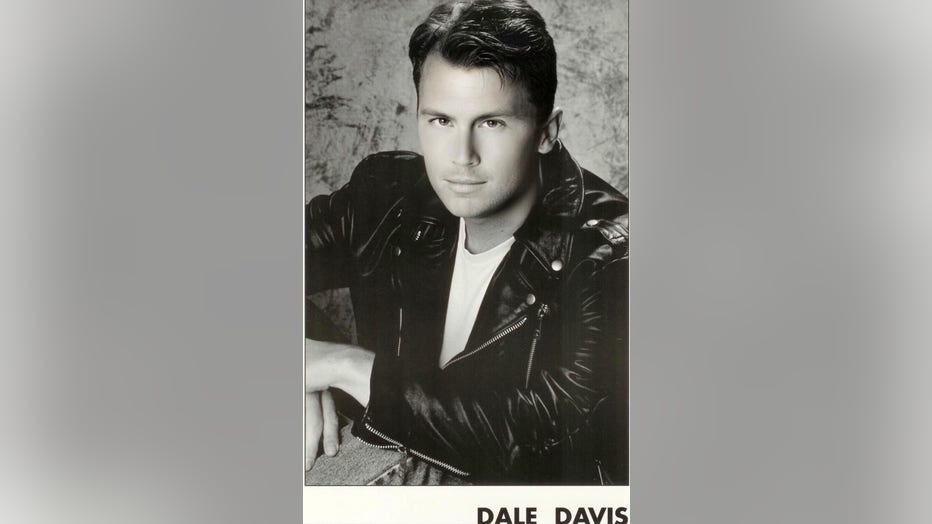
(Photo courtesy of Dale Wade Davis)
"It’s really frustrating because I’m on dialysis now and it’s really tough lifestyle to live and try to be active while you’re on dialysis," Davis said.
The journey in finding a donor has been arduous, Davis adds, and his at-home dialysis treatments are the only thing currently helping him function at this time.
"I hook up to a machine 10 hours a day and it cleans out the toxins that the kidneys would normally filter out, but obviously since I don’t have kidney function, I rely on the machine," he said. "That’s what’s keeping me alive."
When it comes to transplanting organs, Dr. Timmins explained the importance of donations from a living patient versus someone who has passed away, saying on average (as each patient's case is unique) there is a tremendous difference for recipients.
"[For] transplant recipients of living donor kidneys, the kidneys last longer," she said. "Up to twice as long and the patients live longer."
RELATED: Teen fatally shot leaving Houston Astros game will have his organs donated, father says
In terms of numbers, Dr. Timmins says on average, patients can add 10-12 years to their lives with a kidney transplant from someone who has passed away, and 15-20 years from a living donor.
Certainly, one could argue kidneys are a complex, problem-child of our organs to which Dr. Timmins suggests is due to how it affects our entire body.
"Kidneys are very, very complex organs; the kidneys are also very vulnerable to any systemic diseases," she said. "They just get involved in almost every other disease in the process usually as kind of innocent bystanders I guess."
On the other hand, Dr. Timmins noted transplant donors are still able to live normal lives and in subsequent years, patients can experience some issues, but nothing that would impact their overall well-being.
"There’s not a shortened life [for] those people who donate their kidneys," she said. "We can see that there is a slightly increased incidence of high blood pressure decades after donating a kidney transplant. But overall, kidney donors have no negative impacts on their life or lifestyle [sic] lifespan."
In the meantime, Davis stays optimistic and due to the strong support system he has, tries to not let the infection consume his everyday life.
"I have good days and I have bad days and having family here makes it easier," he said.
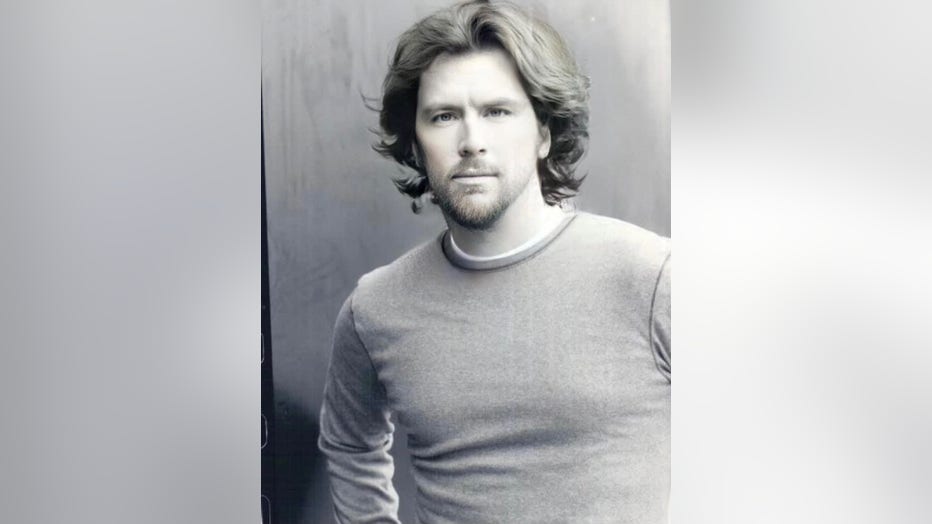
Headshot (Photo courtesy of Dale Wade Davis)
FOR THE LATEST NEWS UPDATES, DOWNLOAD THE FOX 26 NEWS APP
In addition to continuing his current work in films, Davis says he is solely focused on the hope of finding a matching donor.
"This isn’t about money for me; I am blessed and grateful to be able to not set up a GoFundMe," Davis said. "I don’t need money, I just need a kidney."
For those that aren't so fortunate, Dr. TImmins says it's important to maintain strong communication with your primary care physician and take care of your health.
"Get educated, know what you need to be doing to keep your blood pressure under control," she explained. "Folks don’t like to take your medicine, but if it takes three medicines to control your blood pressure, take your three medicines."
Simultaneously, she urged residents to take donating organs into consideration by sharing a slogan used among other colleagues.
"Don’t take your organs to heaven," Dr. Timmins concluded. "Heaven knows we need them."
For additional information on Kidney-related issues, check out the American Association of Kidney Patients, Renal Support Network, as well as the National Kidney Foundation. And if you want to learn more about transplant donations, click HERE.

